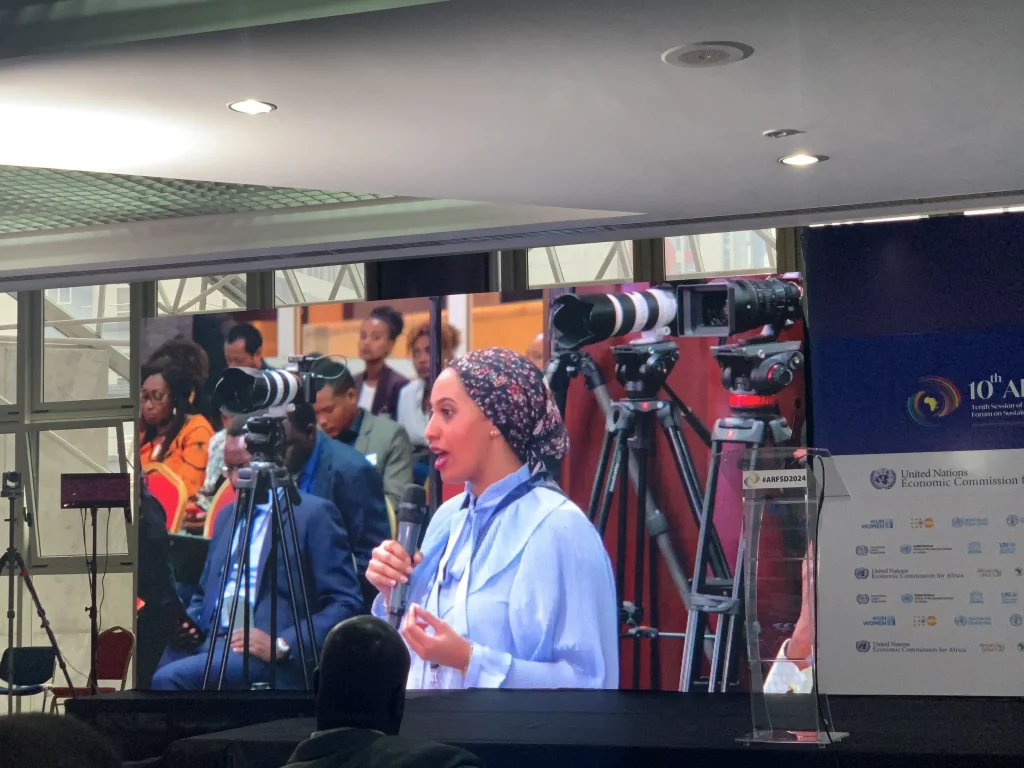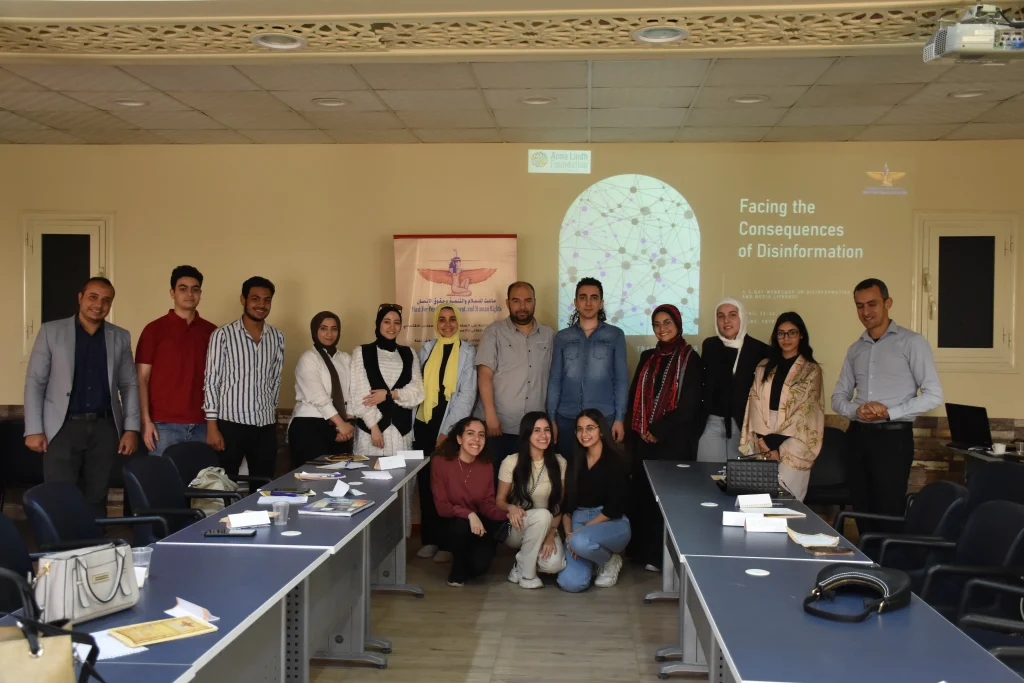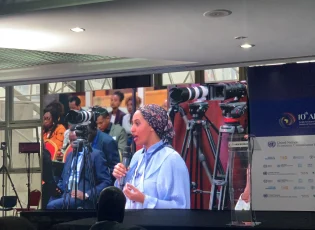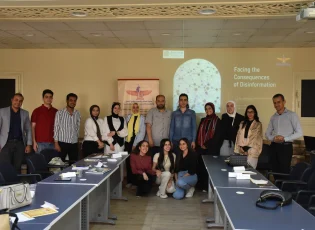In continuation of the implementation of the program of seminars aimed at raising community awareness of decentralization, presenting the citizens' vision of the existing local system and the mechanisms for its development, monitoring and discussing the problems of economic and social rights of local citizens, Maat Foundation for Peace, Development and Human Rights recently held four new seminars with the participation of nearly “two hundred and fifty citizens”. The first of these seminars were held in the governorate of Qena, specifically in the city of Qena, on Friday, March 25, 2011, in cooperation with the Development Association of Southern Egypt, and the second session was held in Luxor Governorate, specifically in the city of Esna, on Saturday, March 26, 2011 in cooperation with the International Center for Studies and Consultations, and in conjunction with the second episode The third discussion session was held on the same day in Hehia, a city in the Sharkia governorate, in cooperation with the Human Resources Development Association, while the fourth discussion session was held in Zagazig, in the Sharkia governorate, on Monday, March 28, 2011 in cooperation with the Eastern Youth Association. The seminars come in the context of the activities of the Citizen's Voice (2) project implemented by the Maat Foundation for Peace, Development and Human Rights with funding from the Future Foundation, which seeks to build the capacities of different community parties in dealing with decentralization, and to develop effective and innovative mechanisms to monitor the needs of citizens and evaluate the quality of public services provided by Before the executive authorities, the project also works to spread the culture of decentralization in the Egyptian society and the effective employment of local and mass media in support of decentralization and monitoring the needs of citizens. Participants in the seminar held in Qena raised the problem of the central authorities' adherence to the decision and the ministries ’secretaries’ fear of taking decisions so that they would not be held accountable. Or punish them by their superiors in the various ministries, and the participants demanded the necessity of changing this theory after the comprehensive revolution that Egypt witnessed, especially since most of the problems that the governorate suffers from were attributed by the participants to the prevalence of this central pattern in decision-making. In the seminar held in Luxor, the participants raised the problem of encroachment on agricultural lands that accompanied the state of security and administrative vacuum associated with the January 25 revolution, as well as the problem of raising houses in violation of the law. Some of the participants in the seminar accused local popular councils of a lack of role and that it is one of the causes of political corruption in Egypt, considering the majority Great for its members belonging to the National Party. As for the seminar held in the city of Haya in the Governorate of Sharkia, the participants raised the problem of the lack of sanitation service in most villages of the Hehya Center, the weakness of drinking water pressures and the frequent interruption of electricity, and the most prominent problem that more than one center in Sharkia governorate suffers from is the problem of delivering natural gas to homes. Despite the citizens paying the fees and costs prescribed for the "International Jazz" company, which is contracting with the government for that, the company stopped work and did not deliver, and citizens submitted complaints and reports to the concerned authorities, but without an answerer. While the seminar held in Zagazig discussed a group of urgent problems that the city suffers from, including the problem of the deterioration of the illiteracy eradication classroom, the participants demanded that civil organizations should play the most prominent role in this regard, and the discussions also addressed the problem of accumulated garbage in the city and the inability of the company with which the neighborhood contracted to deal with it. This prompted the citizens to demand the termination of this contract and the return of the neighborhood to practice its role in this regard in cooperation with NGOs and popular committees.
Set reading font size











